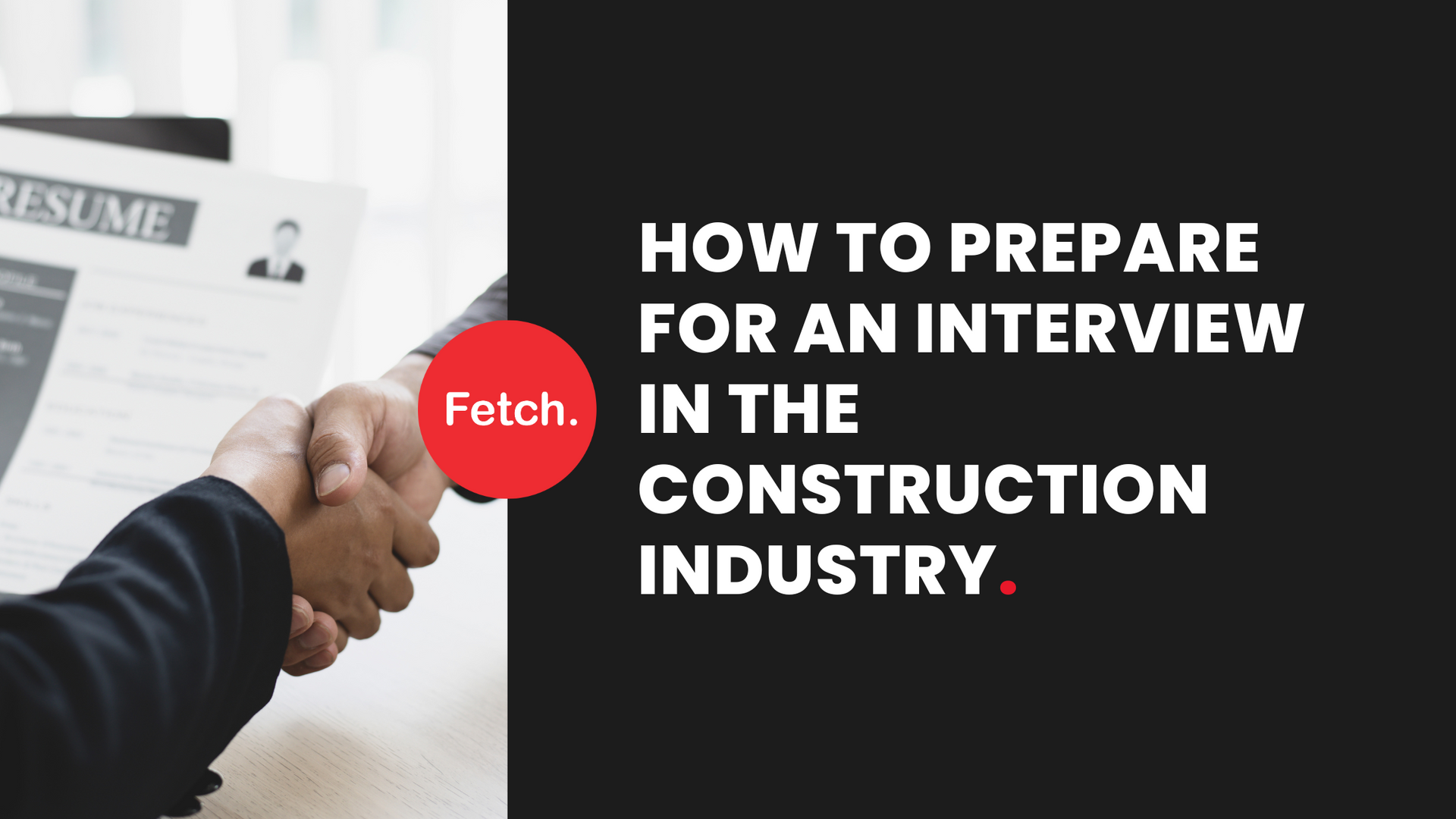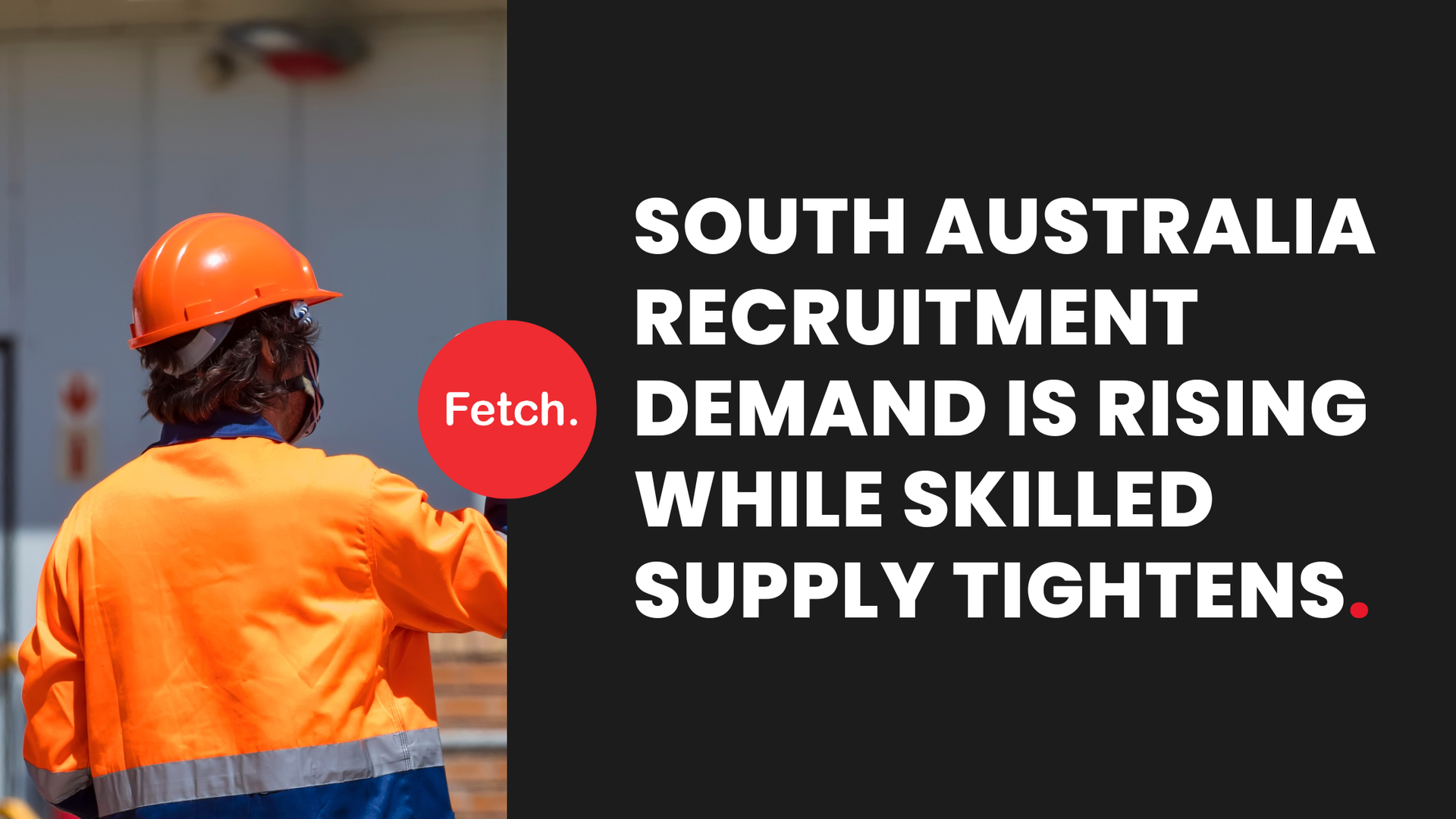
Share This Article
The official interview can feel like the most pressured aspect of applying for a job. While it’s always rewarding to get through to this stage, we all know it’s also the time to pull out all the stops and really show your prospective employers what you’re made of.
Like with anything in life, failing to prepare is like preparing to fail. Even if you’ve been through multiple interviews throughout your career, it’s always worth brushing up on a few key pointers that will help you ace your interview.
And even if you’re not actively participating in a recruitment process right, it’s worth keeping in mind the construction industry currently employs one in 10 Australian workers, with some predictions estimating employment growth of 6.8% by November 2025.
With that many new career opportunities in the pipeline, it’s definitely time to get ready to snap up the best Construction roles in the market.
Here are our top tips for preparing for an interview:
1. Start with the Job Description
While the job description is generally thought of as a tool to attract applicants, it’s also the best reference you have when preparing for your interview. The format of a standard job description talks through the company and the team, the day-to-day responsibilities of the role, and the key competencies or experience required to perform the role.
When preparing for your interview, it’s worth reading over the job description again to familiarise yourself with the role. It might have been a couple of weeks since you submitted your application so it’s helpful to ensure it’s fresh in your mind.
Top tip: be sure to always download a copy of the job description when you apply for any role. You don’t want to get caught out the day before your interview and realise you can’t remember the details of the role you’ve applied for!
2. Research the Organisation
Many job interviews will include aspirational questions that focus on your short-term and long-term career objectives. Employers usually ask about your future aspirations to better understand you, your ambitions, and your career goals. The best way to be prepared for this question is to reflect on your goals and research the company to determine how the organisation can support you in achieving your objectives. This information can be easily sourced through their website, their social media accounts, or their latest press releases.
You’ll also make a great first impression if you’re able to demonstrate an interest in and knowledge about the company you’re applying to work with and won’t be caught out if they ask your opinion on one of their latest projects. While the interview is predominantly an opportunity for you to showcase your skills and experience, the Hiring Manager could also want to understand your critical thinking capabilities.
This is a great opportunity to engage with your recruiter to learn more about the company. Your recruiter can share additional insights that may not be available on the website such as team dynamics, your future Line Manager, and the type of projects that you’ll be working on.
3. Practice, Practice, Practice
To prepare for an interview, you can take a look at the list of competencies outlined in the job description. These competencies are often the basis of interview questions because the Hiring Manager is looking for you to demonstrate your capabilities and experience linked to each one. See if you can turn each of the competencies into a question, for example:
Competency – Project Management Skills
- Possible question: "Describe a previous project in which you had to lead or work with a diverse team of colleagues to reach a successful conclusion".
Competency - Conflict Resolution Skills
- Possible question: "Tell me about a time when you’ve had an issue with a co-worker. What was the issue and how did you resolve it? "
As we mentioned in the previous point, another type of question to prepare for is aspirational questions. These are often asked at the beginning or the end of the interviews and usually take the form of:
- What appeals to you about this role?
- Where do you see yourself in the next five years?
- What are your career goals?
These questions are a great opportunity to show the employer the type of research you’ve already done on the organisation and where you see yourself fitting into their goals and culture.
Doing a mock interview is also a great way to calm your nerves and prepare for your interview. Ideally, it should be someone who has an understanding of your industry and can think of questions that might be asked. And what better person is there than your recruitment partner who has significant experience preparing candidates for interviews? Your recruiter can offer guidance on the type of questions the interviewer is likely going to ask and advise you on the best approach to answer them.
4. Look the Part
Making a strong first impression can start before you’ve even had the chance to greet your interview panel. It’s not always essential to wear a suit and tie, especially if you’re applying for a job that’s based on site, but make sure you’re smart and presentable. That should include neatly-pressed chinos or suit pants and a button-up shirt for men and a smart dress or shirt and skirt/pants combination for women as a minimum.
The way you present yourself will give the Hiring Manager an insight into how seriously you’re taking the interview process and an insight into your professionalism. By looking neat and well put together, you’re showing your future employer that you’re organised, prepared, and taking the interview seriously.
5. Think About What You Want
One of the questions that stump job applicants more than any other is around salary expectations. It can be a tricky one to navigate because you want to make sure you’re paid what you’re worth but also not pitch the figure too high. Have a think in advance about the range that you’d accept and some other benefits and perks that are important to you. This might include things like hybrid working, flexible hours, or training and development opportunities.
If you’re not sure where you sit in the market, you can get in touch with one of our team members and we can talk it through. As specialist recruiters working across the Construction industry, we are constantly in touch with candidates and clients working across a range of roles and businesses so we can let you know the going rate.
Final Thoughts on Preparing for an Interview
Securing the next job in your career journey is exciting and can be equally daunting because there’s so much pressure to perform. By setting aside some time to do some extra reading and thinking in advance of questions you might be asked, you’re giving yourself the best possible chance.
If you want to find out more about how to win over your interviewers, take a look at our recent blog about Mistakes When Interviewing for a Job or check in with one of our experienced recruitment consultants.


